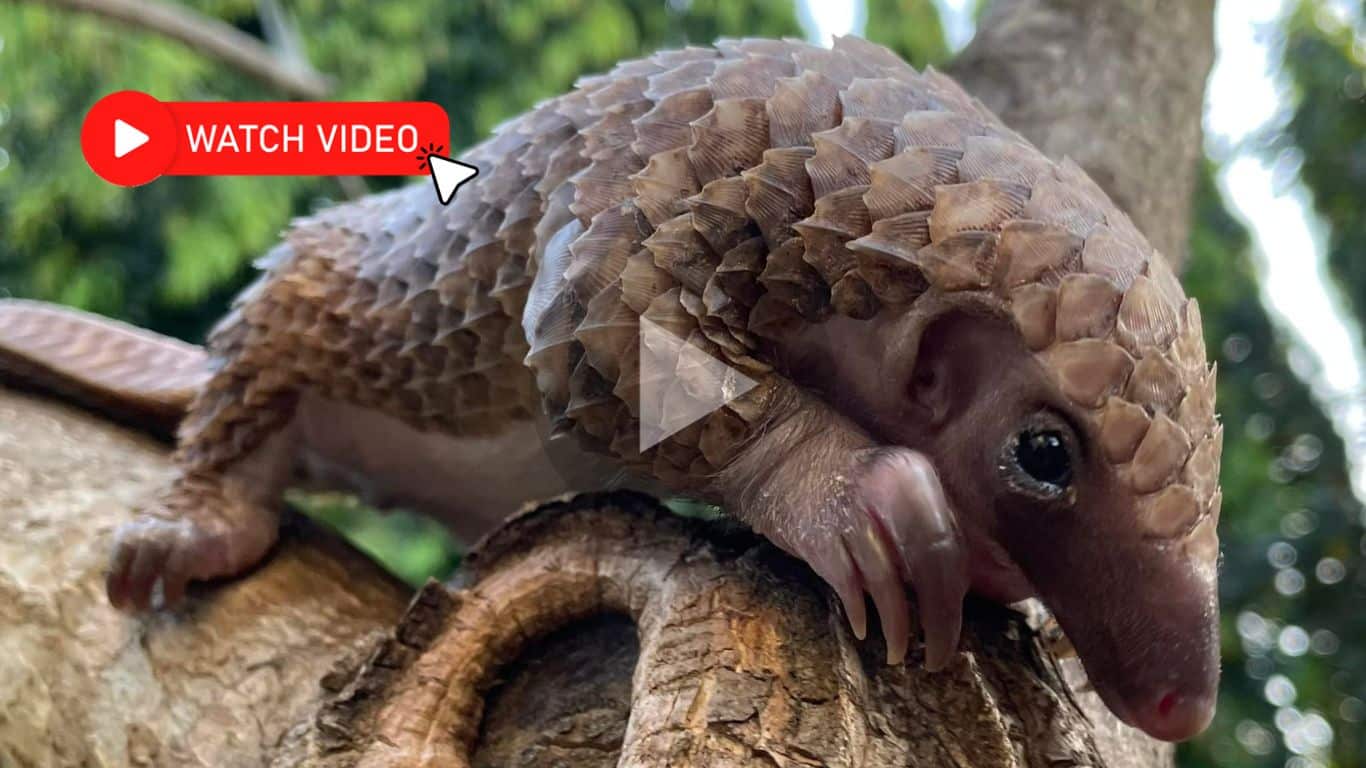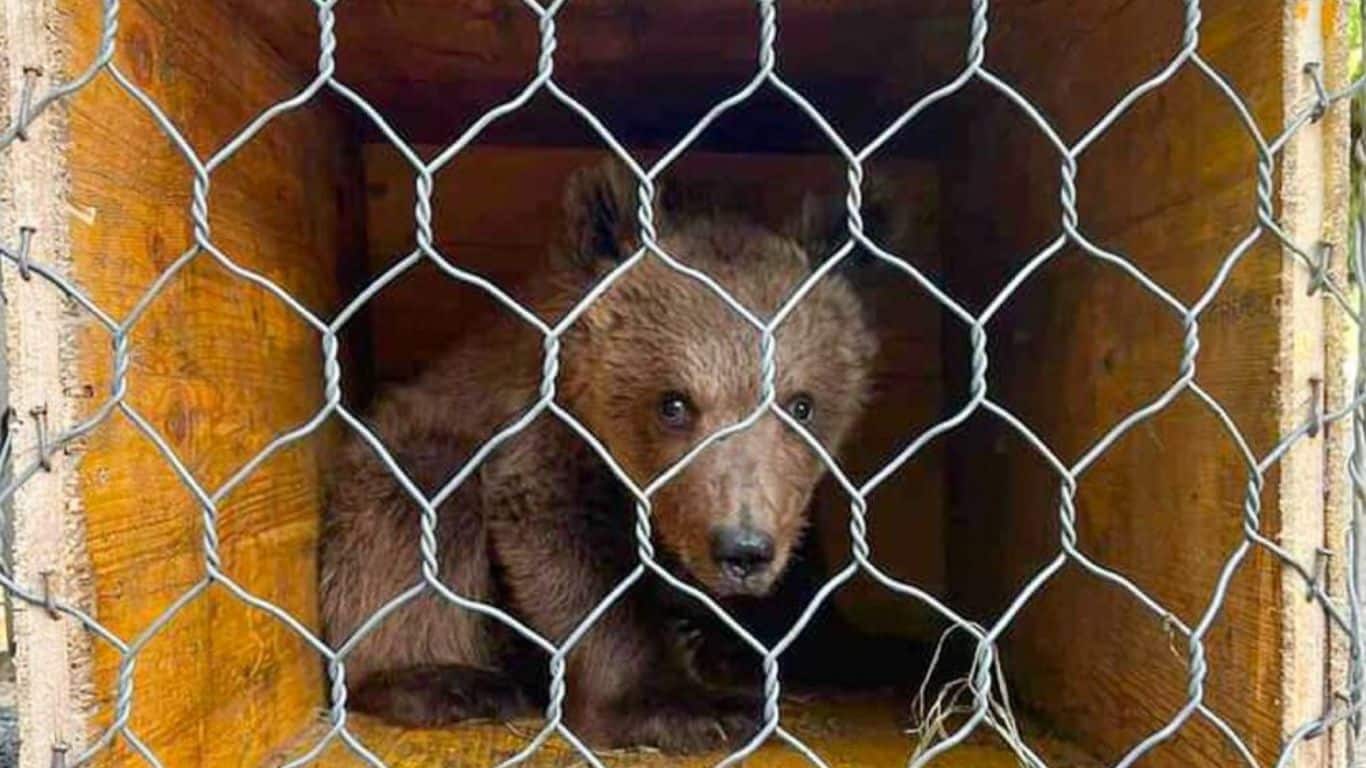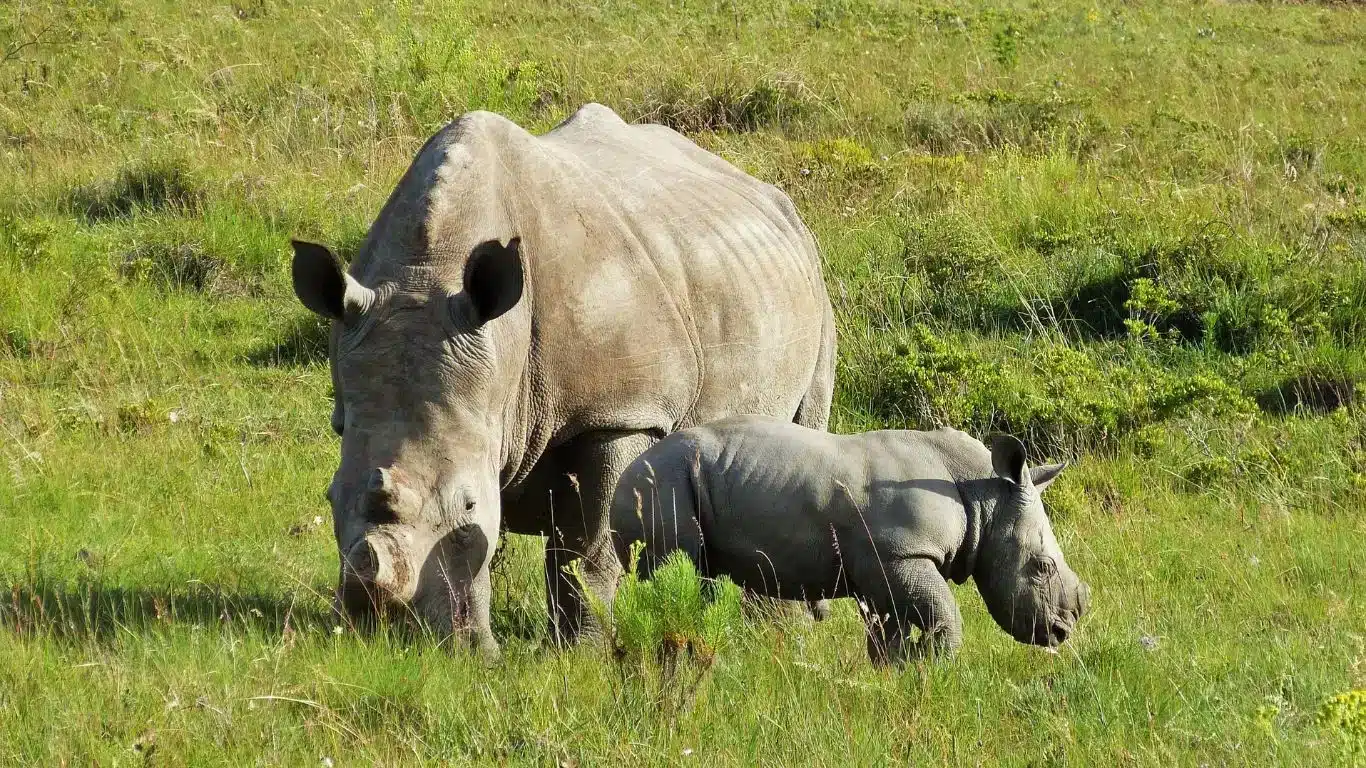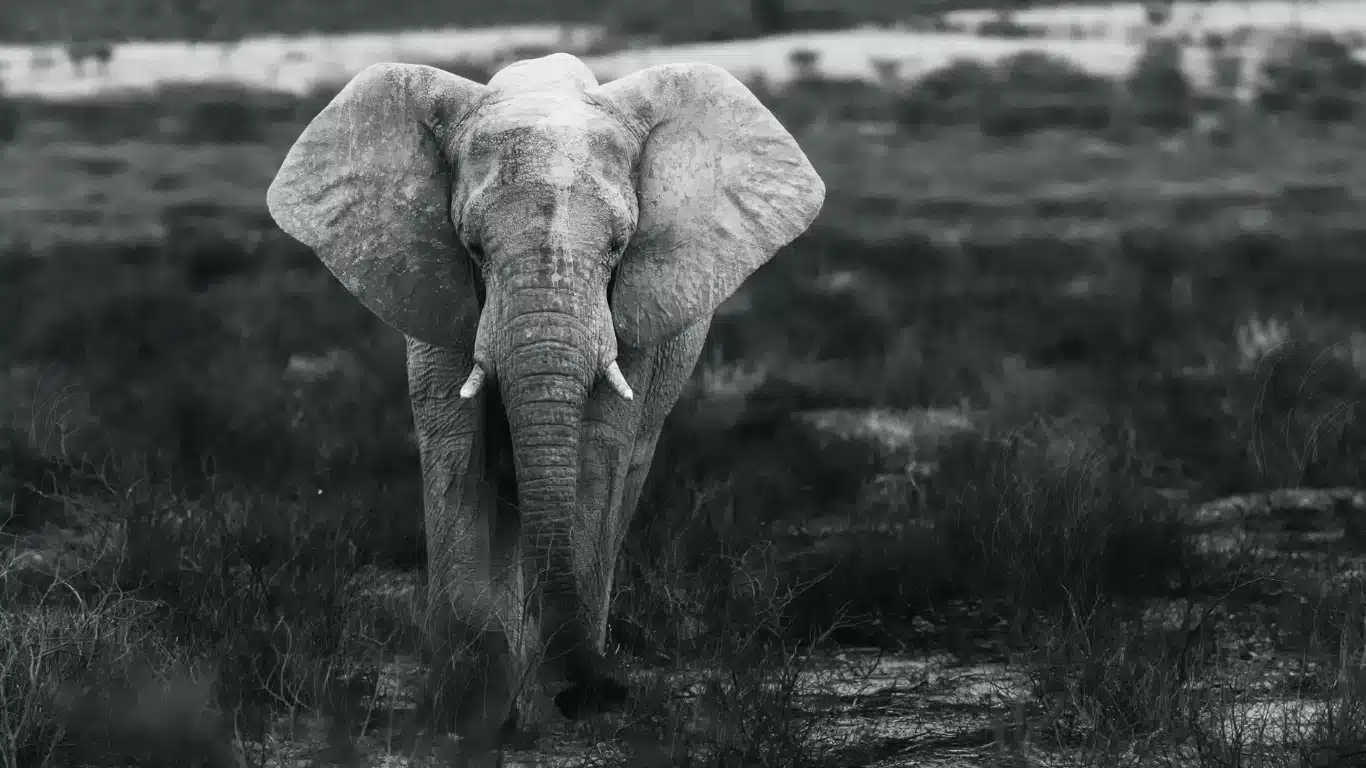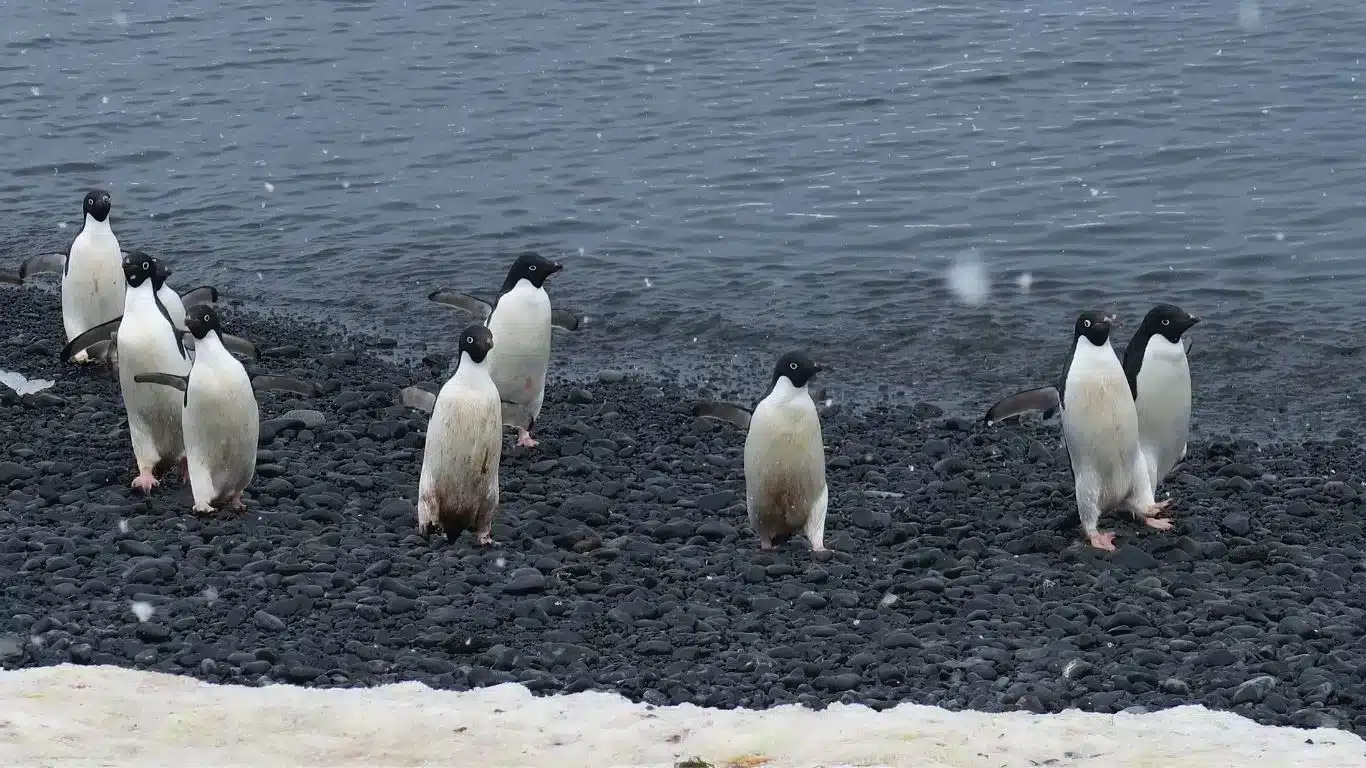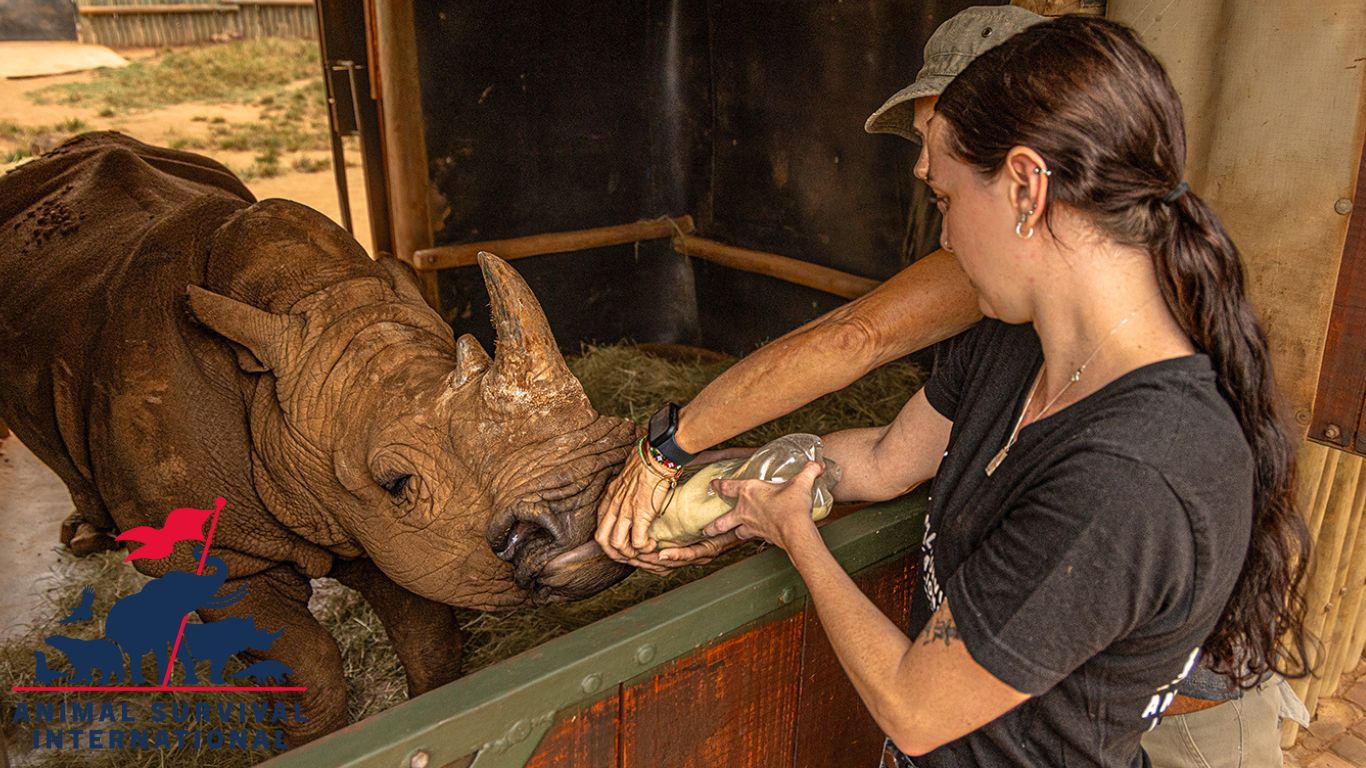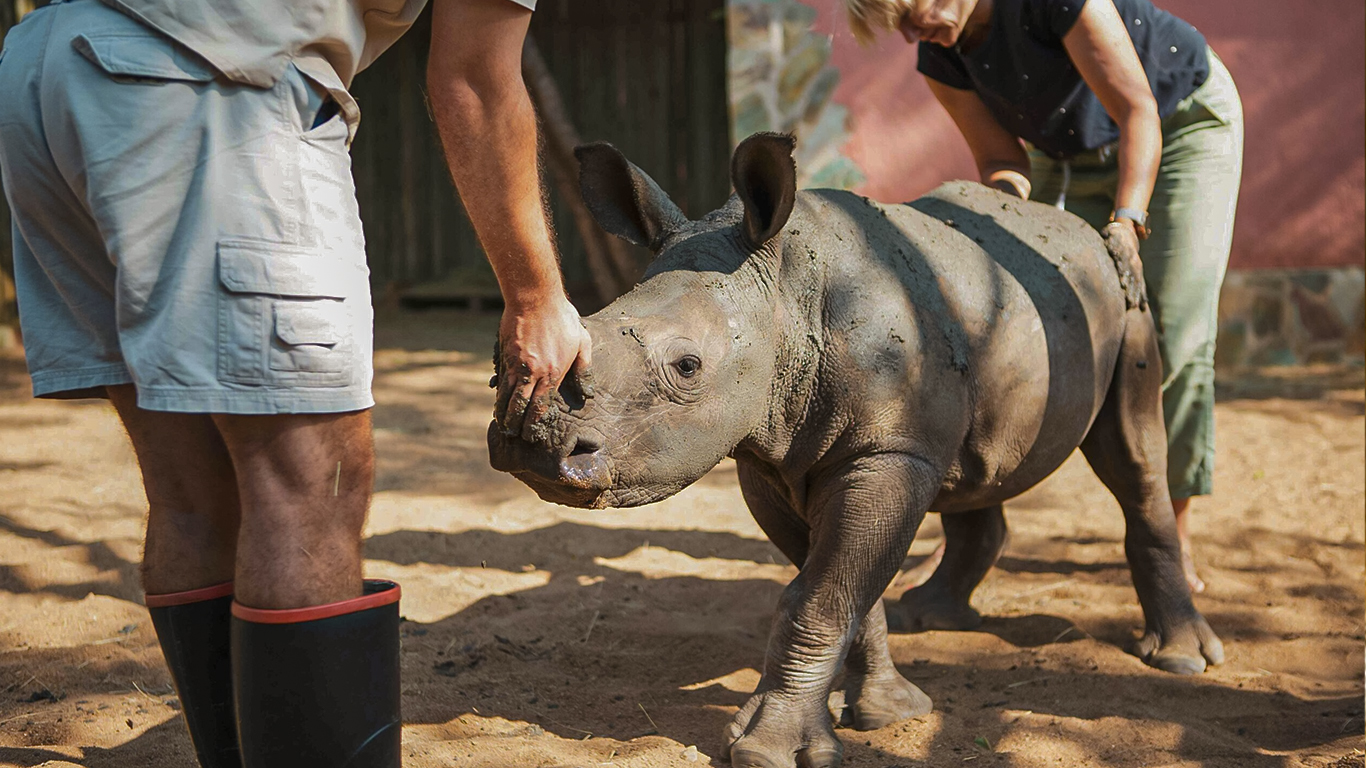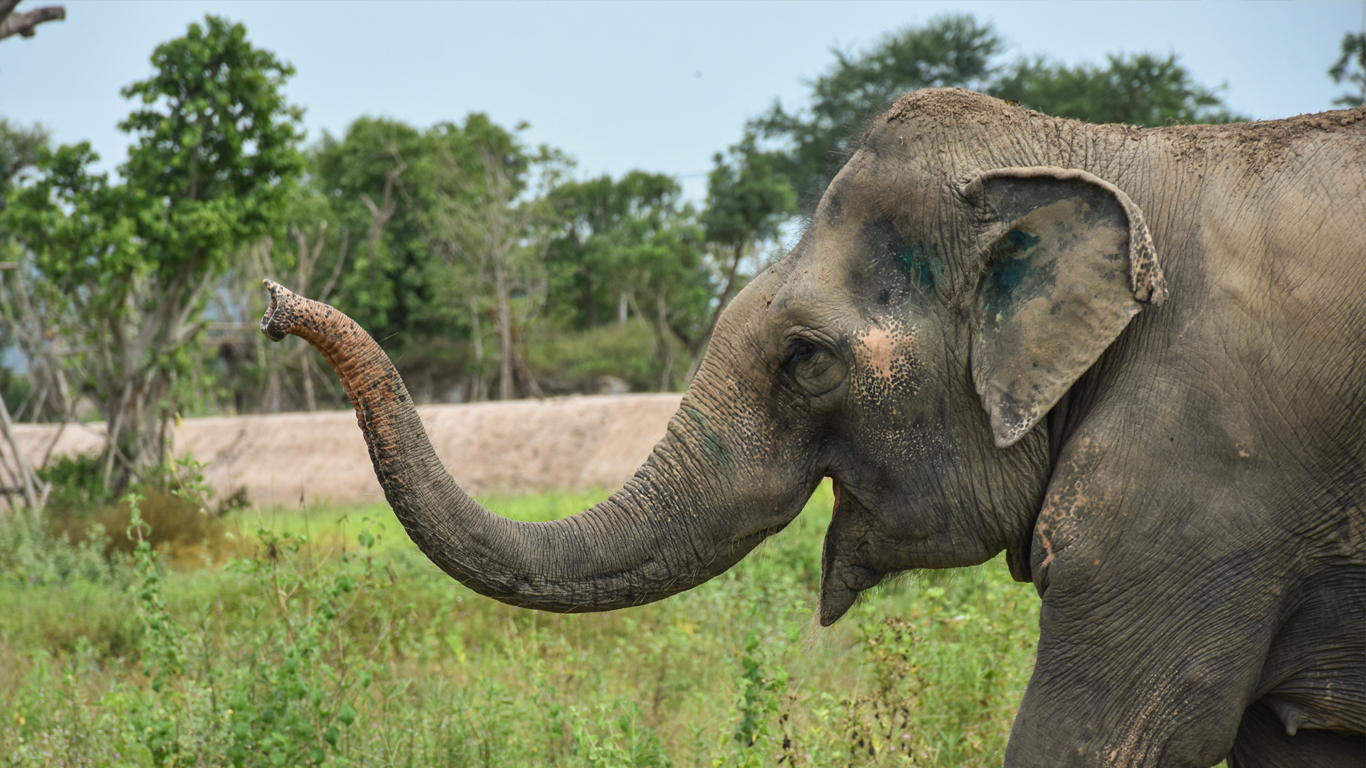Time is running out for our planet’s precious wildlife. When their habitats are not burning or drying up because of climate change and human activity, animals are increasingly corralled into ever smaller areas as they battle for diminishing space and resources. Daily, their challenges mount, and daily – thanks to our supporters’ help – we implement new ways to provide a lifeline to animals who would not survive without help.
Here is how our donors helped make a difference in October.
Southern Africa, Eswatini 
Herding 15 at-risk elephants to safety in a private reserve
When a large group of hungry elephants wandered from South Africa into Eswatini (formerly Swaziland) in search of food during drought, 15 got stuck in a residential area. Here, they were labeled “problem” animals. Authorities were about to apply for a permit to euthanize them but when we requested a grace period to move them off the land, they gave us a strict deadline to get the elephants to a safe home. We had just weeks to raise the funds to hire a helicopter and expert pilot to drive the animals into a private reserve which agreed to shelter them. You rushed your support to the herd, helping us raise the funds, and as you read this, our team is finalizing their strategy to get the elephants to safety. We will keep you updated.
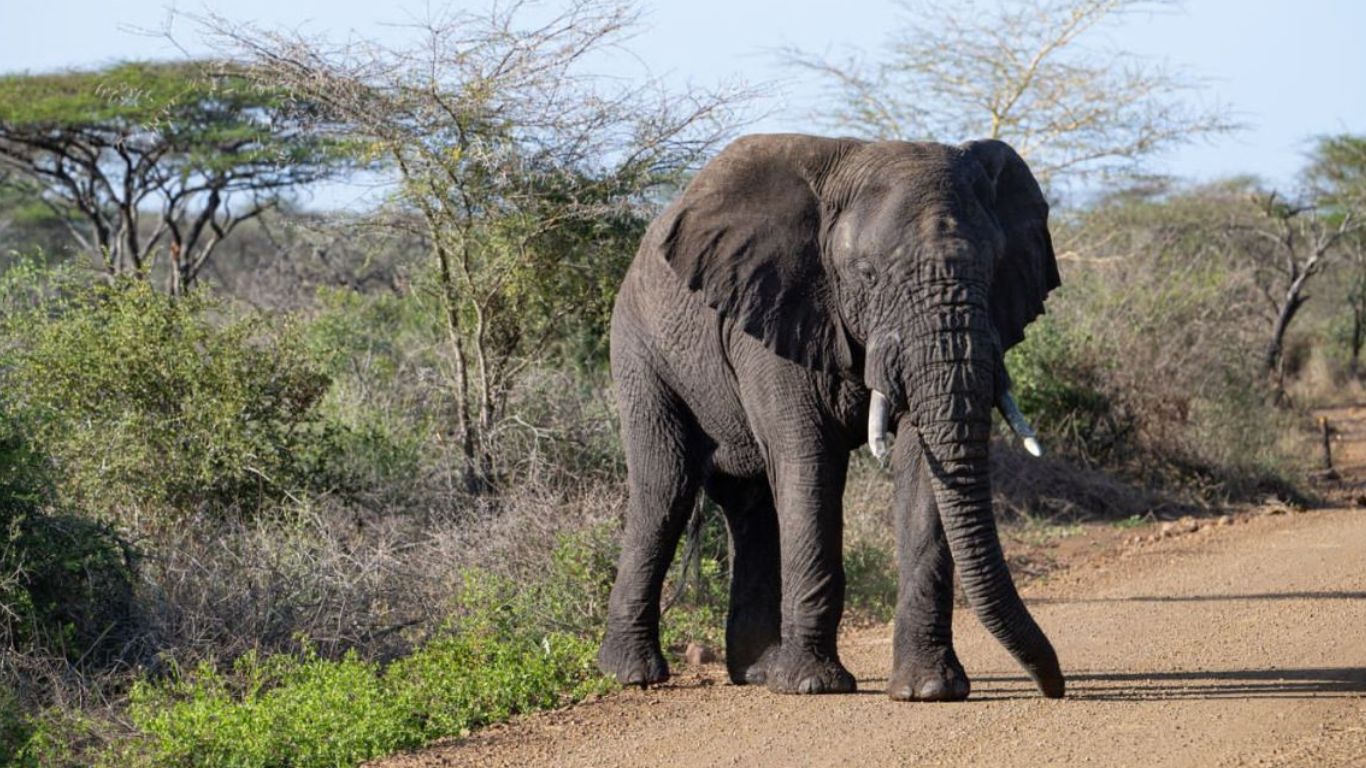
Thailand, exact location not disclosed 
Giving captively-bred big cats a second chance
Thailand is notorious for keeping big cats captive, breeding them to be tourist attractions, or to use their body parts as trinkets or in phony “traditional Chinese medicine” (TCM). Recently, Thai authorities shut down one of these horrid breeding facilities – and our partner, the Wildlife Friends Foundation Trust (WFFT), was given the opportunity to rescue 29 of its cats. It reached out to us for help in raising the funds to do so, and with your support, we raised enough to relocate one big cat and we will continue to raise funds for the others. The animals – 25 tigers and four indo-Chinese leopards – could not be released to the wild because they are born and bred to captivity. Relocating the animals to the spacious and humane WFFT sanctuary will be a slow and costly exercise, but the process has started and we are committed to getting the animals to safety. We will keep you updated in the coming weeks and months.
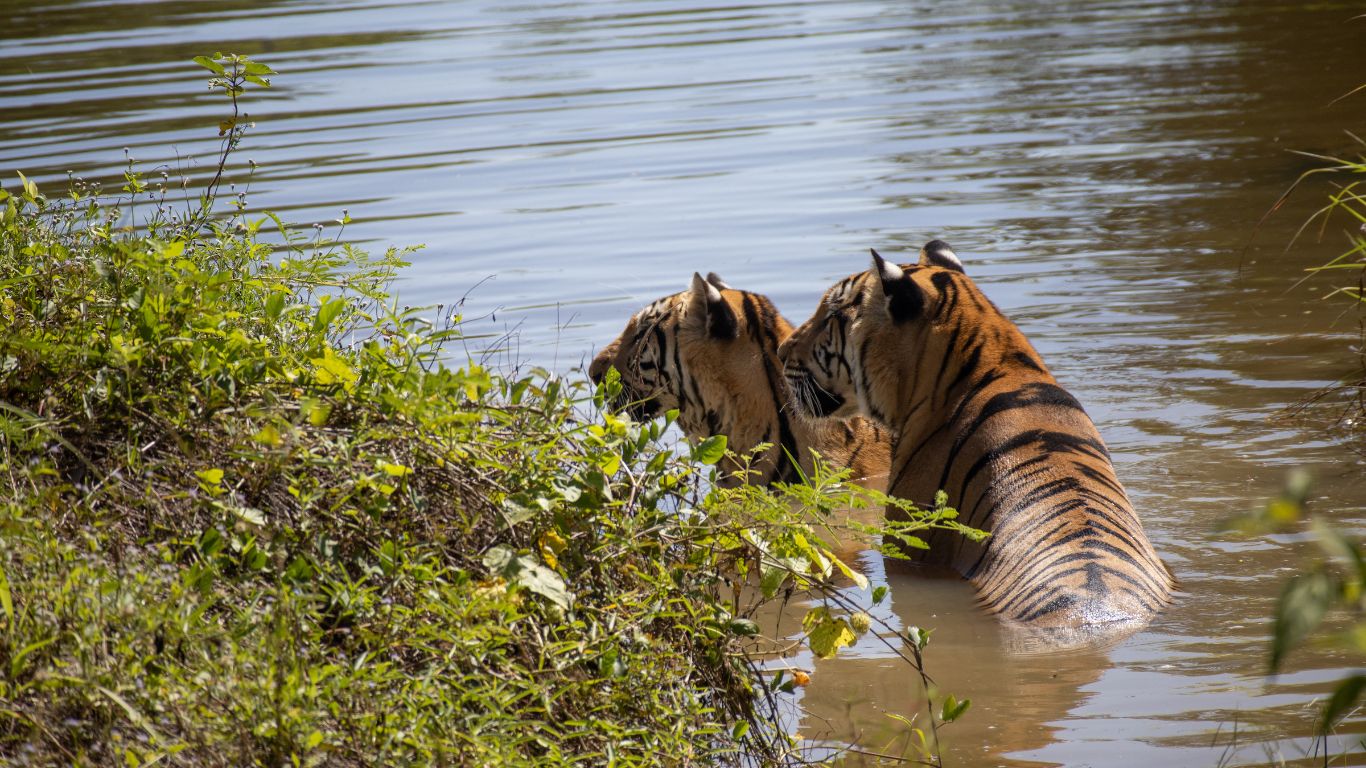
Follow us on social for these stories and more…
Nigeria’s pangolins make a remarkable comeback. Here is how our supporters made a difference. Read more.
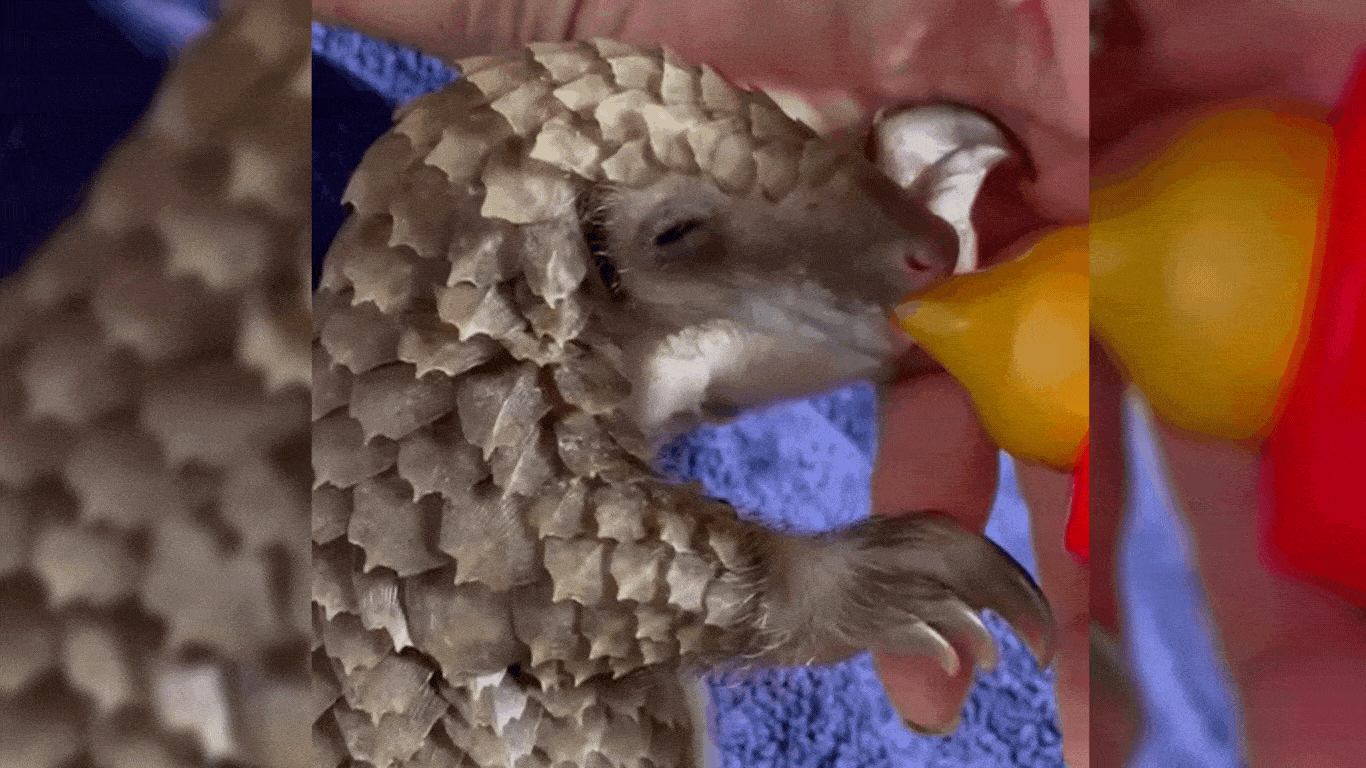
Meet FN, SANParks four-legged team member helping to protect wildlife in South Africa. Poor FN needed surgery. Your support paid for it.
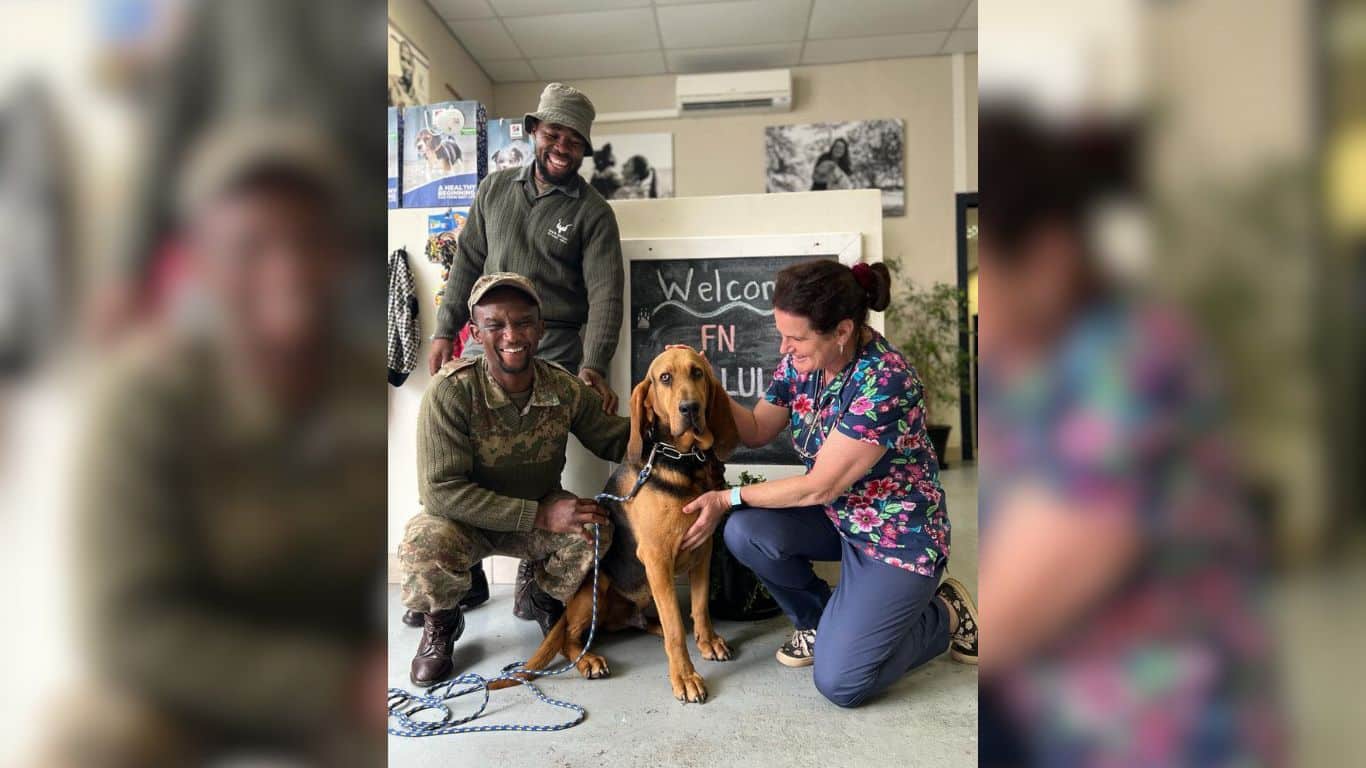
Thanks to your continuous support, we were able to fund the delivery of a whopping 75 tons of sponsored gravel to Panthera Africa Big Cat Sanctuary to help their sanctuary after bad floods. Read more.
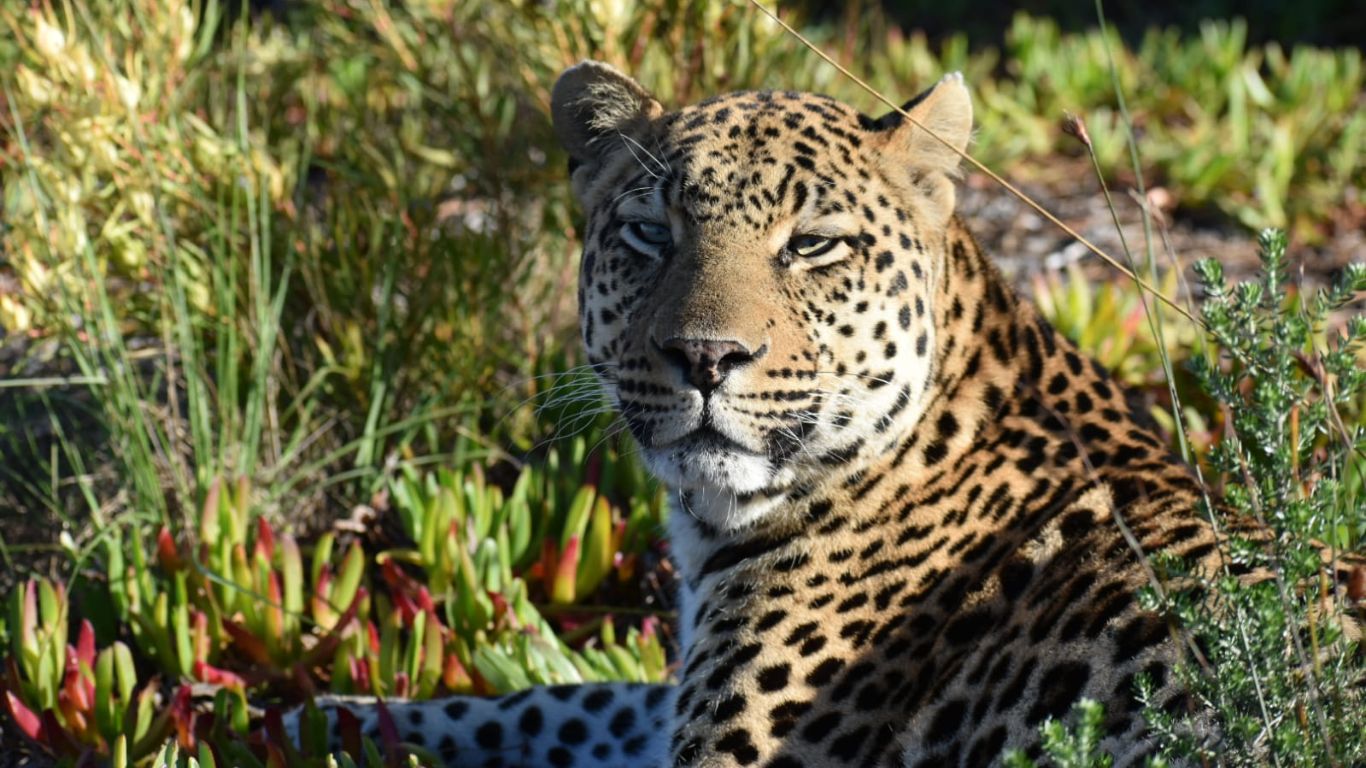
Remember Lucy, the orphaned hippo calf you helped us provide with specialized milk formula in South Africa earlier this year? Just look at her now! This month, we had our followers guess her weight! Read more.
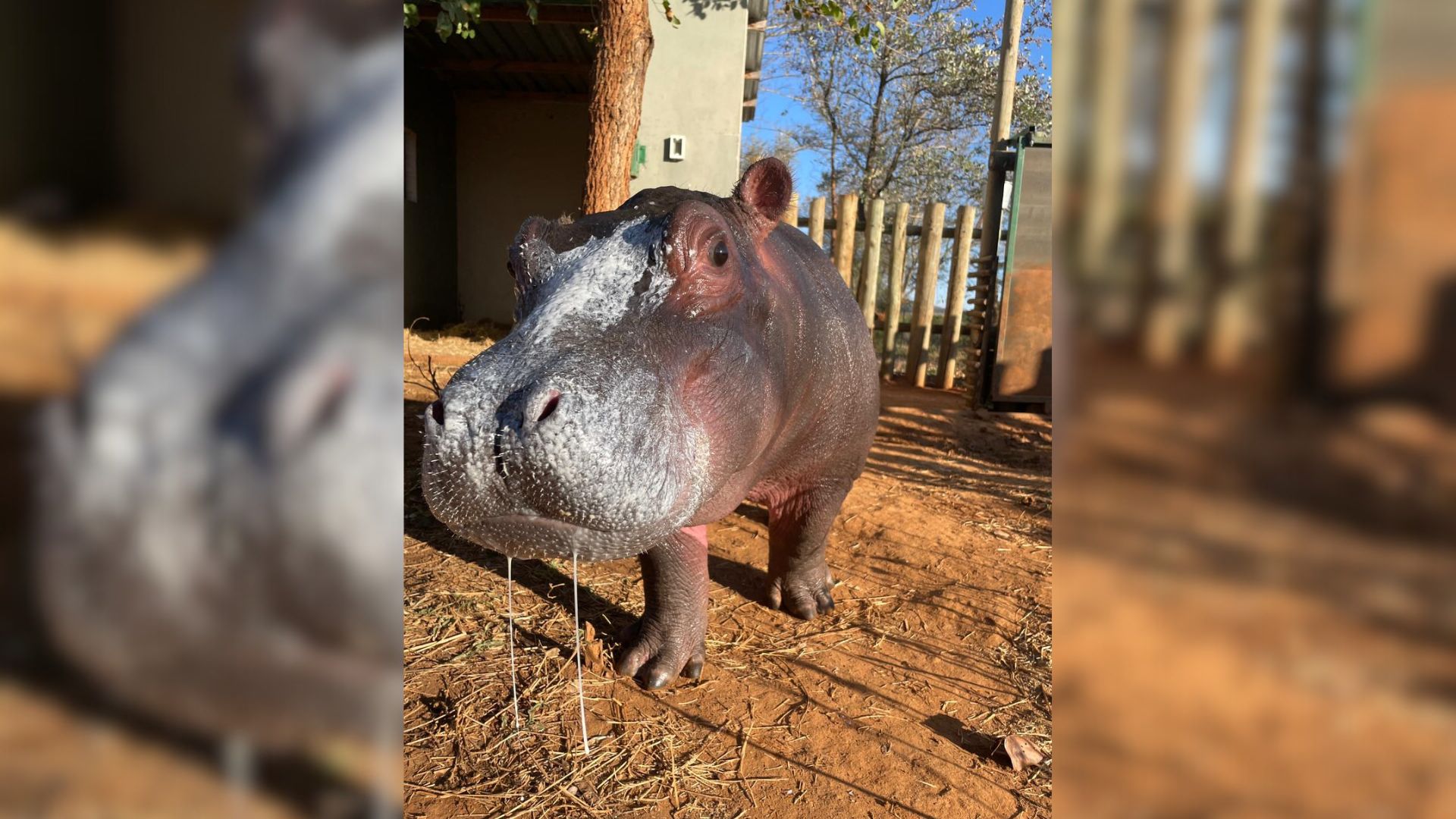
WATCH: World Animal Day – 4 October: What if these animals were to disappear forever?
From the News Desk
At ASI, we strive to stay abreast of the latest wildlife conservation news so we can keep you informed on the most critical issues surrounding animals today.
LJUBO the bear: Here is our latest update on Ljubo, the caged bear we are fighting to free in Montenegro, and the months-old cub recently acquired by the same owner.
Rhino numbers rebound as global figures reveal a win for conservation. Read more.
Elephants on the march across African borders as heat stress leads to fatalities. Read more.
Antarctic sea-ice at ‘mind-blowing’ low, alarms experts. Read more.
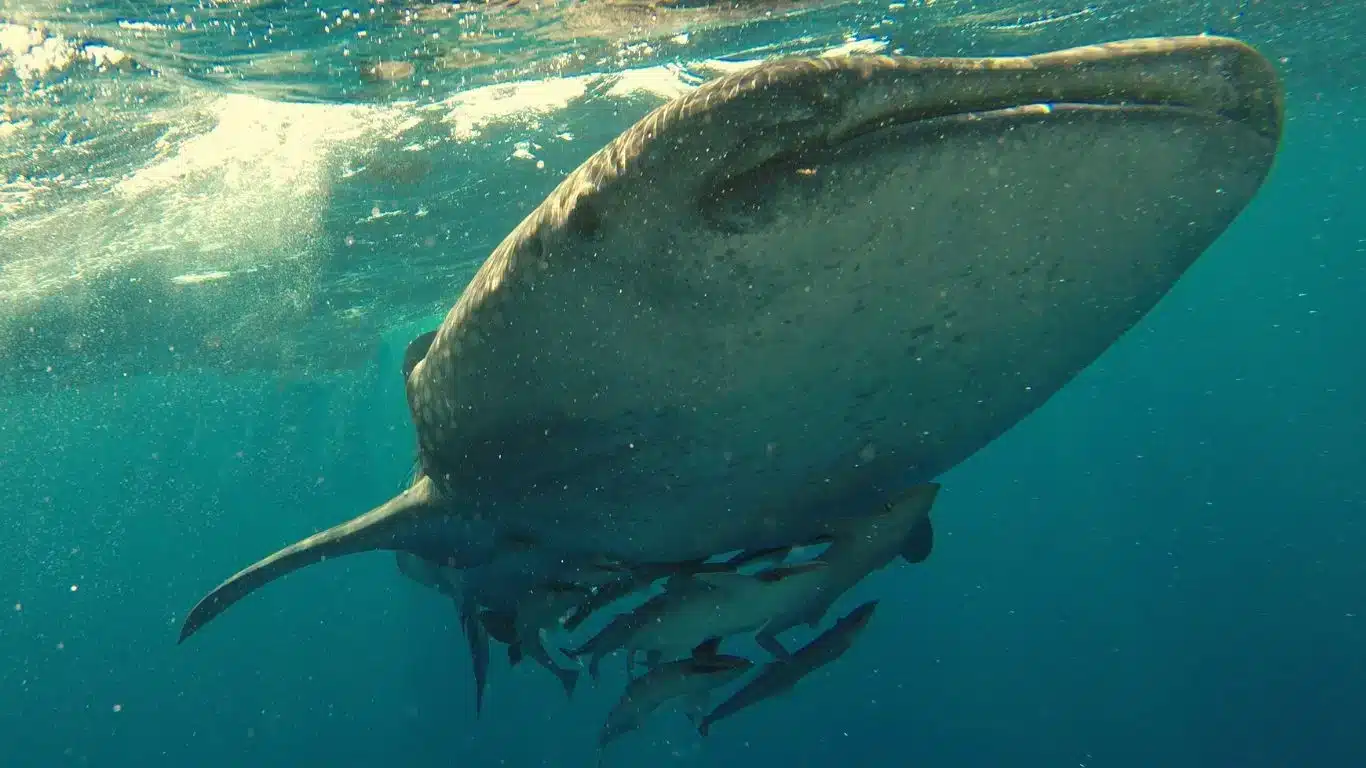

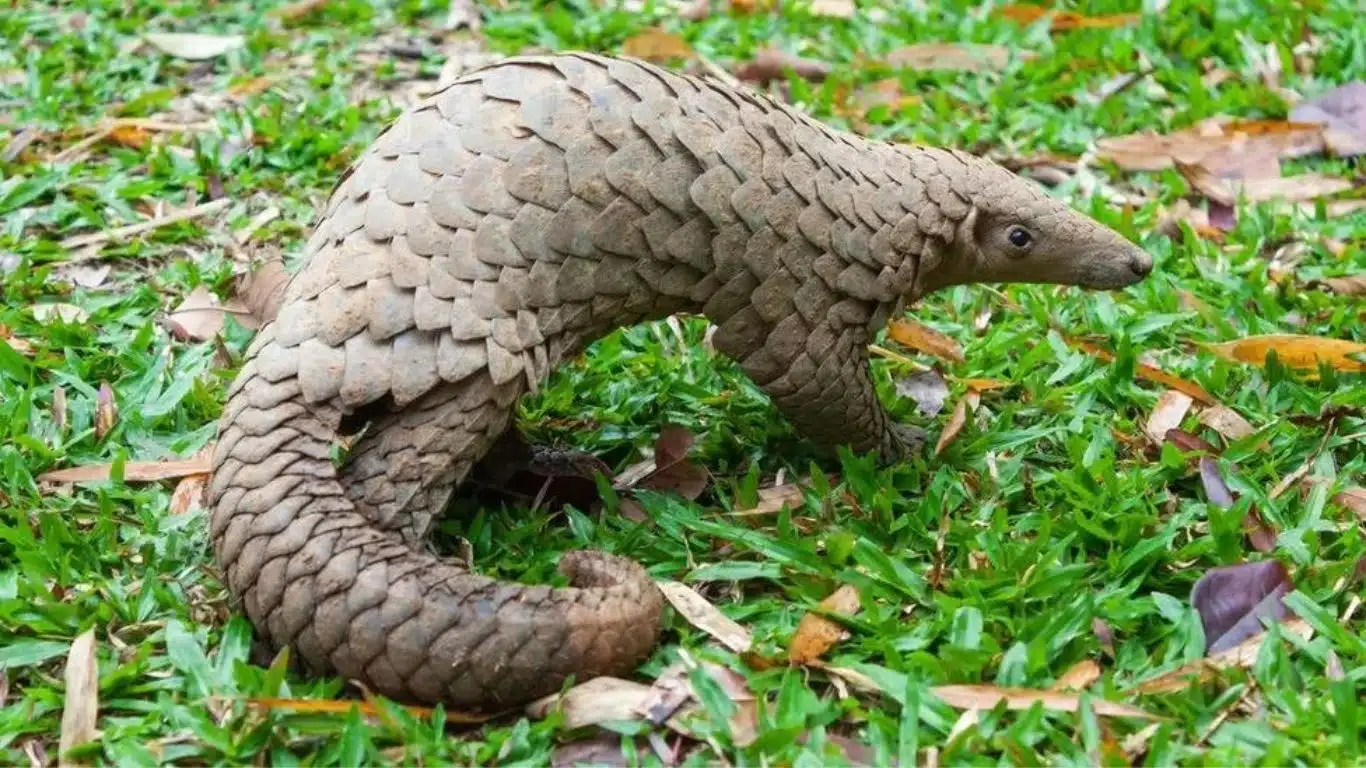

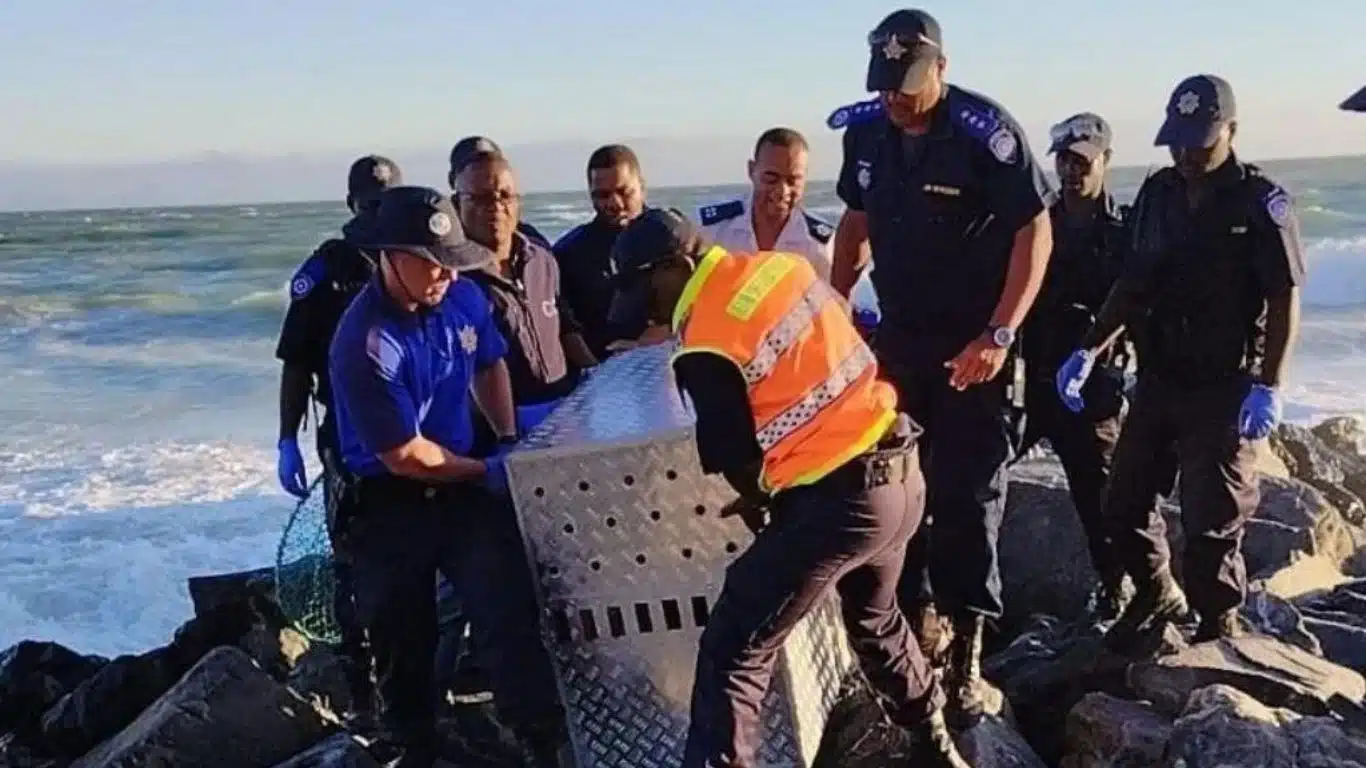
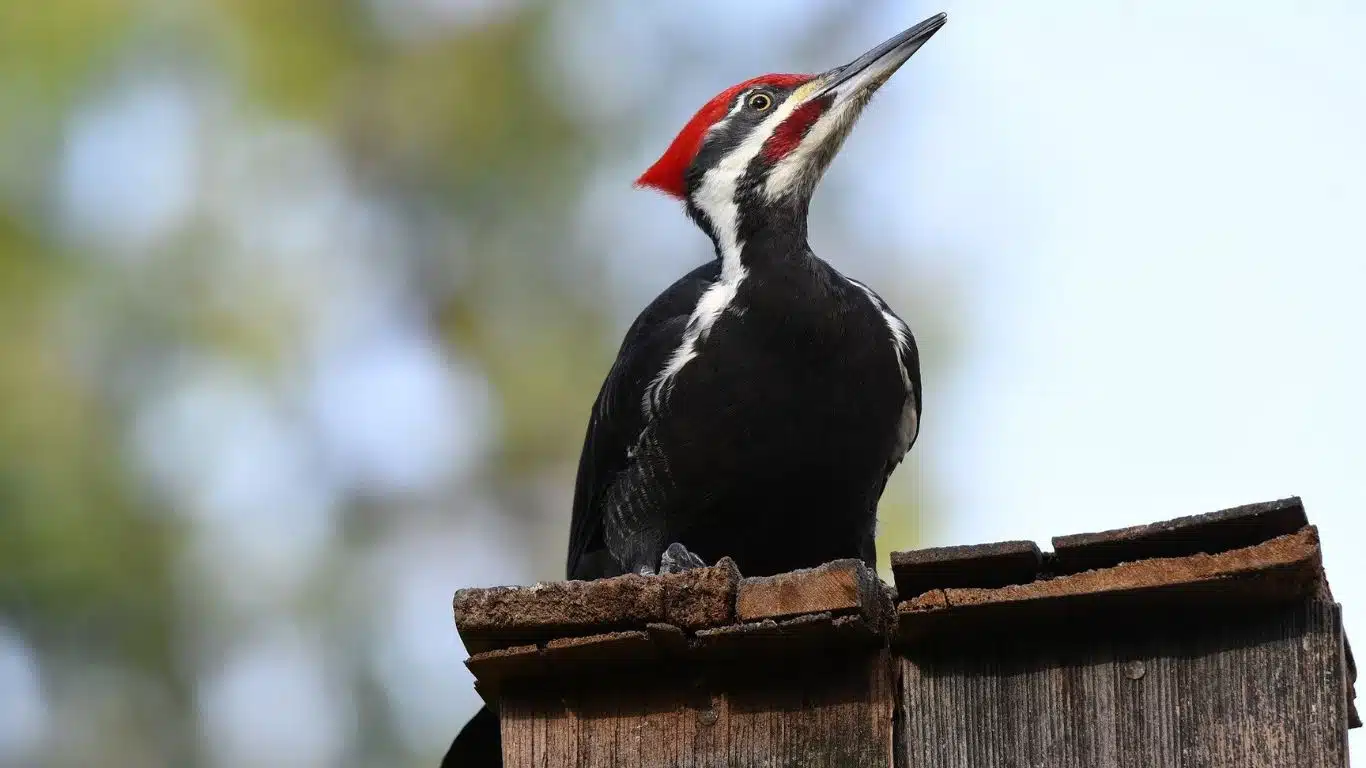
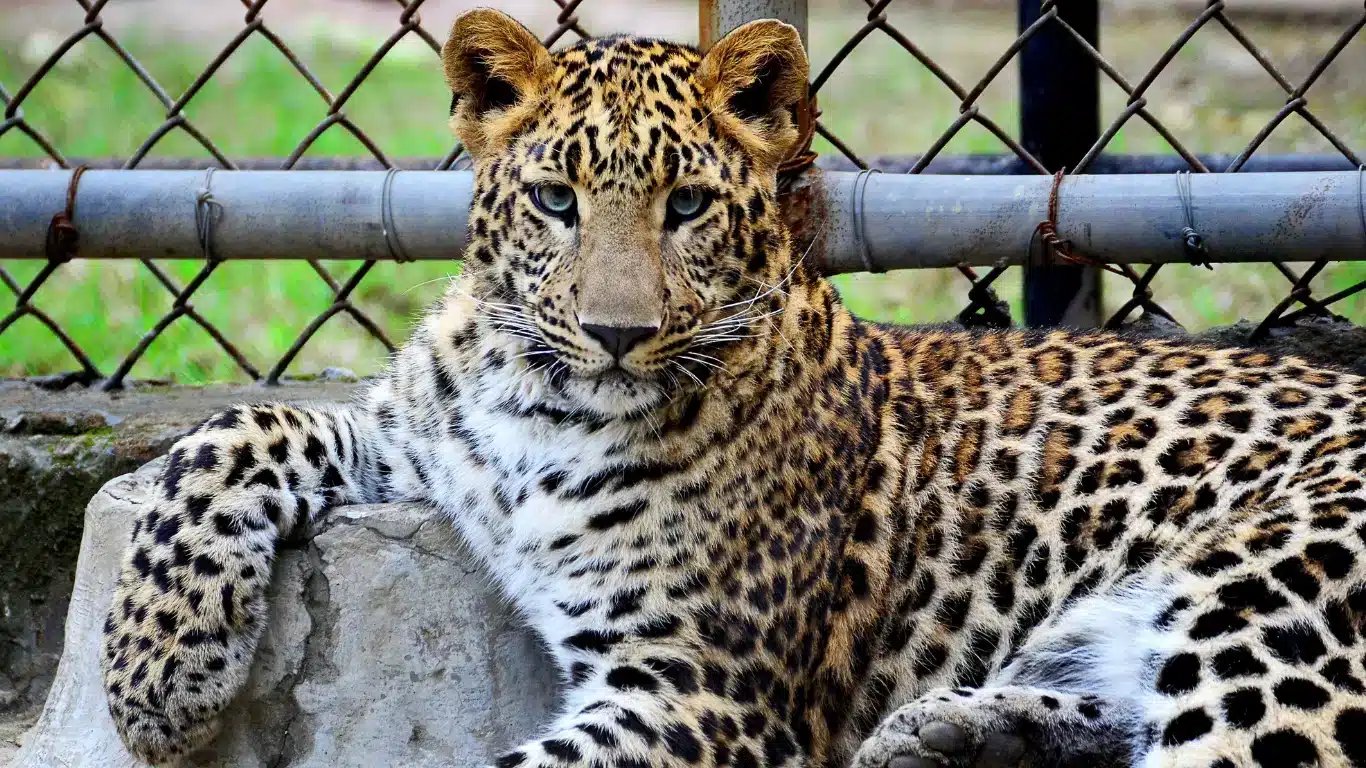
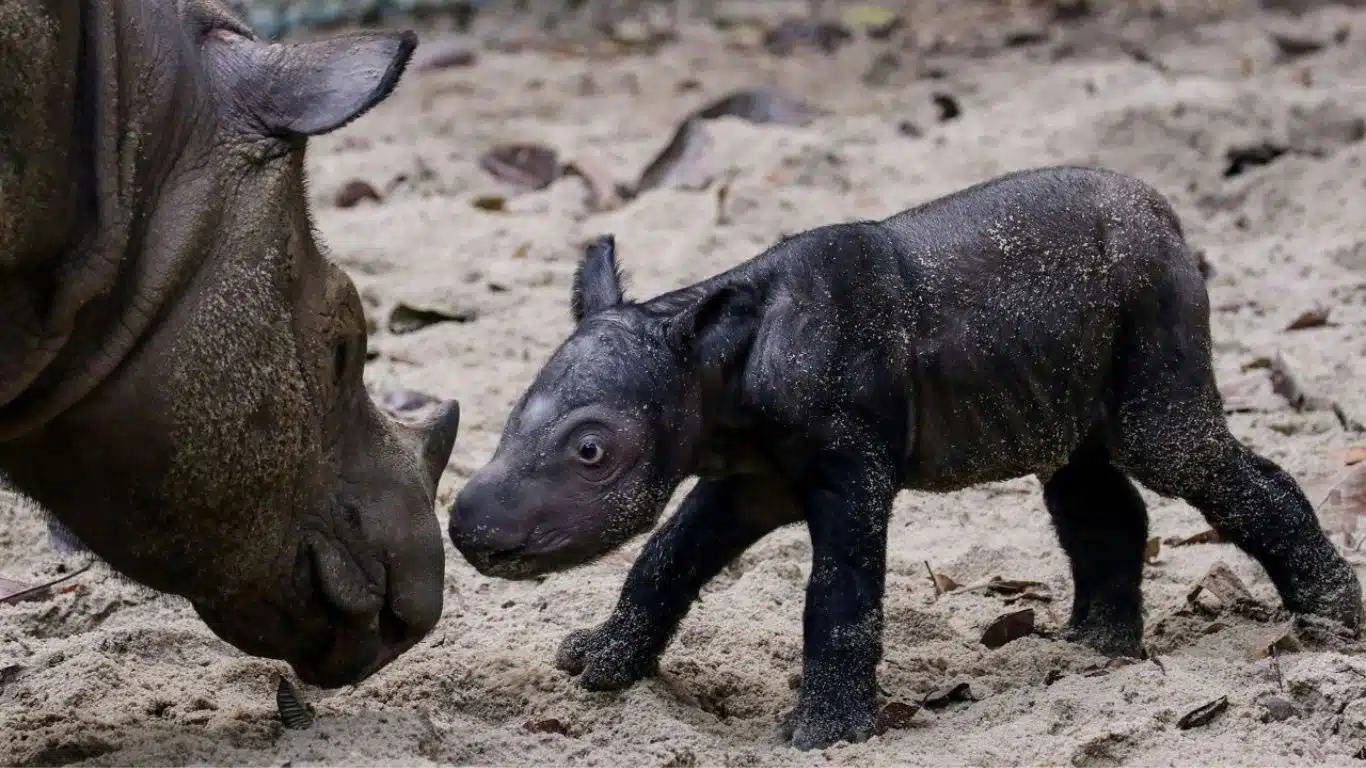
It is true that the state of our planet seems bleak, but that is why it is more important than ever to support dedicated, direct efforts to preserve wild animals and their habitats. Thank you for helping us continue our work for our world’s fragile fauna and flora in October.
Saving animals and the planet,
Campaign Director
Animal Survival International
Banner credit: Alamy. News Item Credits: Image 4: Dr Robbie Mallett; Image 9:Cape of Good Hope SPCA; Image 12: Antara Foto.


